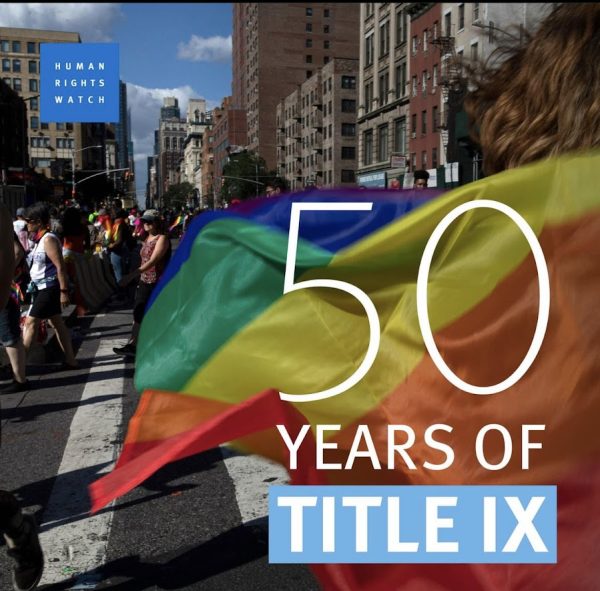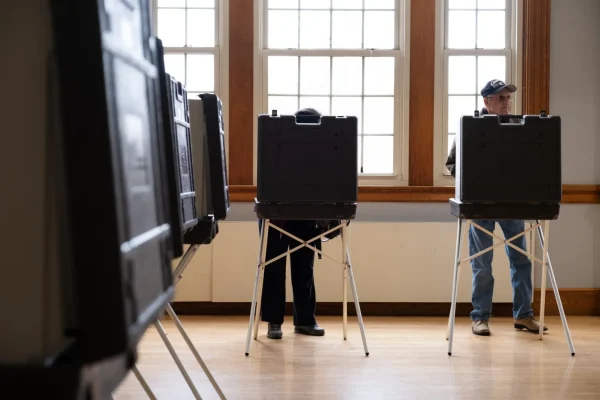Monterey Park mass shooting and further demands on gun control laws throughout the nation.
Photo courtesy of Unsplash/Kenny Eliason.
A Nevada police car sits with its lights on.
Since the start of the COVID-19 pandemic, there has been a rise in anti-Asian hate crimes and violence leading the Asian American community to “suffer several high-profile shootings” over the past three years.
On Jan. 21, the mass shooting at a ballroom dance studio resulted in the passing of 11 victims of Asian American descent between the ages of 52 and 76. Law enforcement has identified the perpetrator as Huu Can Tran, a 72-year-old Asian American man. Los Angeles authorities say he was using a 9mm caliber semi-automatic MAC-10 assault weapon, and they believe he was also “manufacturing homemade firearm suppressors.”
Two recent shootings in the California cities of Half Moon Bay and Oakland followed the Monterey Park shooting. The Half Moon Bay incident led to the passing of seven victims, with reports that the gun used was a “semi-automatic weapon, legally registered to the shooter.” Oakland marked the third shooting in a span of three-days, with one victim and no reports of a weapon, but multiple shell casings were found at the scene.
California is known to have the strictest gun laws in the nation, according to Everytown for Gun Safety. The state is known to be the country’s first to ban assault weapons, the possession of grandfathered magazines and has even placed magazine limits. Yet, even with these aversions, the Monterey Park incident is being labeled as one of the “deadliest attacks” within reports arising from the Gun Violence Archive about 40 mass shootings in the United States occurring in 2023 so far.
However, the U.S. Supreme Court’s (SCOTUS) decision in the latest landmark case — New York State Rifle and Pistol Association v. Bruen — has inspired a new standard for state gun legislation across the nation. In Bruen, SCOTUS ruled that New York’s proper-cause requirement violated the Fourteenth Amendment by preventing citizens from exercising their Second Amendment rights.
The decision has led gun rights advocates to challenge gun laws in states across the U.S. as many cases are returned to the lower courts for a reconsideration on gun restrictions.
Gun-right advocacy cases have continued to arise throughout the nation; one case includes a federal judge issuing a restraining order to block New Jersey Governor Phil Murphy’s bill that restricted concealed carry in locations of “high density,” “vulnerability” and “governmental and First Amendment activity.” Another case arose when a California gun rights group sued the state of Tennessee for the exclusion of young adults, leading the state to settle the lawsuit and allowing 18-to-20-year-olds to carry concealed firearms under Tennessee’s permitless gun carry law.
Meanwhile, members of the Monterey Park community, advocates of gun control and victims of gun violence are demanding for a stronger stance on gun control laws by local officials and the federal government.
On Jan. 25, Vice President Kamala Harris visited the Monterey Park memorial and advocated for stronger gun control legislation, saying “Congress must act. Should they? Yes. Can they? Yes.” Since then, President Joseph Biden has pledged the federal government’s support following the mass shootings in California and hinted towards legislation introduced by Sen. Dianne Feinstein (D-Calif.) to ban assault weapons. However, the gun-control bill faces a difficult pathway to the Senate with a Republican majority in the House.





